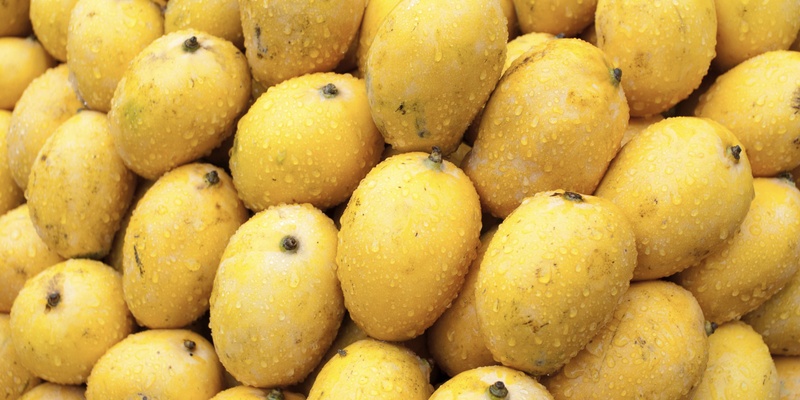IPPC Standards Committee reviews proposed revisions to plant health standards
Posted on Thu, 22 Jun 2023, 08:51

© FAO/Rocco Rorandelli
Rome, 19 June 2023. The Standards Committee (SC) of the International Plant Protection Convention (IPPC) has recommended one draft standard for adoption by the Commission on Phytosanitary Measures (CPM) and approved three draft standards for first consultation. These International Standards for Phytosanitary Measures (ISPM) are seen to pave the way for new, harmonised plant health standards.
The draft revised ISPM 4 Requirements for the establishment of pest free areas, once adopted by CPM, will guide contracting parties in incorporating new information to help them establish and maintain pest free areas (PFAs). This is seen to be part of risk management in the certification and trade of plants, plant products and other regulated articles.
The revised ISPM 4 offers scientific justification for phytosanitary measures that an importing country can take to protect an endangered PFA. ISPM 4 was adopted over two decades ago in November 1995. The revised draft provides new evidence and makes references to ISPMs dealing with various aspects of PFAs, such as ISPM 26 Establishment of pest free areas for fruit flies (Tephritidae) and ISPM 29 Recognition of pest free areas and areas of low pest prevalence.
The committee also approved for first consultation, the draft annex on Reorganization and revision of pest risk analysis standards (2020-001). Pest risk analysis is essential for a thriving plant health community because it offers guidance and scientific evidence for countries to identify pests of concern in a specified PRA area. It also allows them to assess and manage risks of pest introduction and therefore, protect the environment and preserve the biodiversity.
To this end, countries can weigh in on different aspects such as selection of appropriate phytosanitary measures. They will also provide input on the suitable level of obligation of national plant protection organizations (NPPOs) in importing countries, in identifying and considering the impacts of potential phytosanitary measures.
Also approved for first consultation is the draft annex to ISPM 39 International movement of wood: Use of systems approaches in managing the pest risks associated with the movement of wood (2015-004). It guides NPPOs on using specific integrated measures to reduce pest risk posed by quarantine pests associated with the international movement of wood of gymnosperms and angiosperms other than bamboo and rattan.
To facilitate safe trade of fresh and healthy mangoes, the SC approved for first consultation the draft annex to ISPM 46 (Commodity-based standards for phytosanitary measures): International movement of mango (Mangifera indica) fruit (2021-011). This annex will promote development and adoption of harmonized standards to help countries protect mango trade from pests such as fruit flies, fruit boring moths, beetles and mealybugs. According to FAO, mango is one of the three most significantly traded tropical fruits globally based on its export quantities in 2022.
Finally, the committee recommended changes to the standard setting procedure regarding commodity standards. Any new topics proposed for commodity standards, in response to an IPPC call for topics, will be revised by the SC and the Technical Panel on Commodity Standards without requiring a consultation period for a draft specification.
Speaking at the meeting, IPPC Secretary Osama El-Lissy, said, “I am grateful for the work of the SC in advancing the standard setting work and ensuring a comprehensive and inclusive process. Without phytosanitary standards, we cannot talk about plant health, we cannot guarantee safe food, safe international trade in plants, a safe environment and we cannot foster international collaboration.”
Call for topics still open
Complementing the committee’s work, the IPPC Secretariat invites the IPPC community to respond to the biennial Call for Topics: Standards and Implementation. This is an opportunity for countries to propose topics for new standards and implementation resources.
The call is open until 15 September 2023 and is the first step in the IPPC standard setting process, ensuring an inclusive and transparent process for developing and adopting plant health standards. Contracting parties and RPPOs can submit proposals on a range of issues including new topics for ISPMs; specific commodity standards to be developed under ISPM 46; pests for which a new diagnostic protocol should be developed; new components to existing ISPMs such as supplements, annexes or appendices; or revisions or amendments to adopted ISPMs.
The SC meeting report will be published in July 2023.
Related information:

